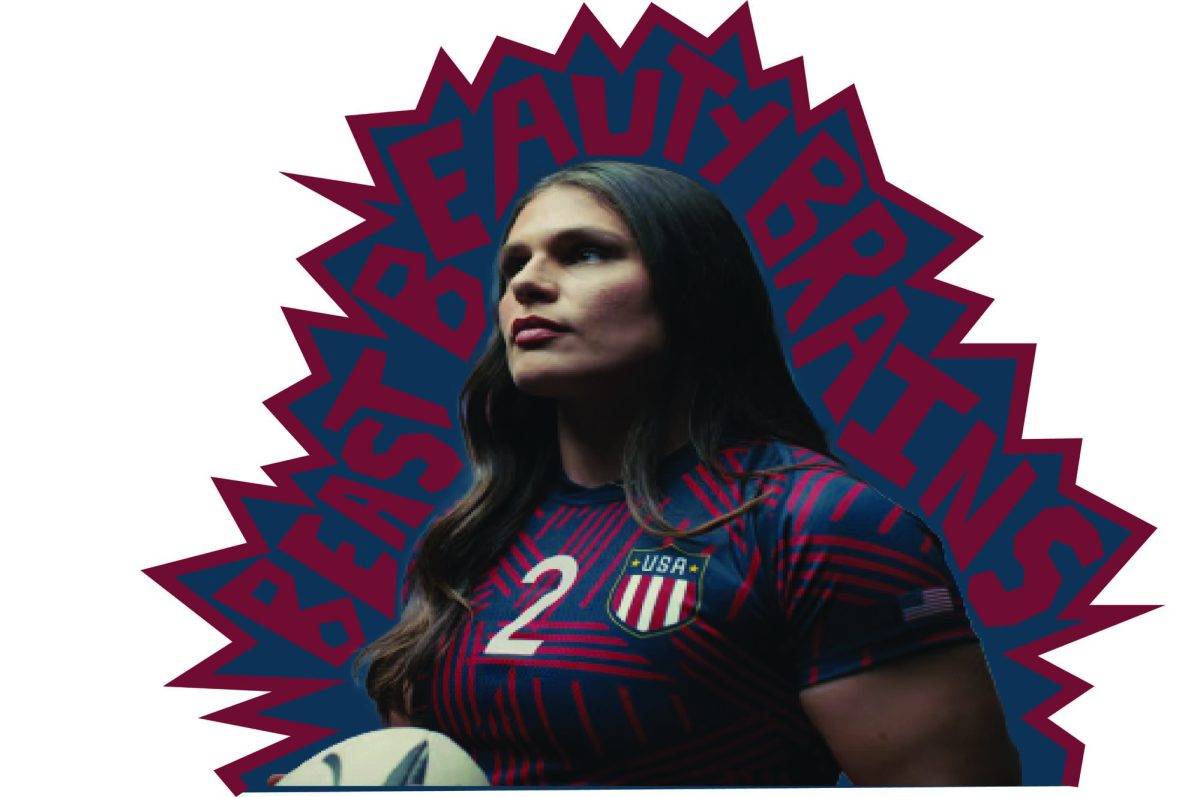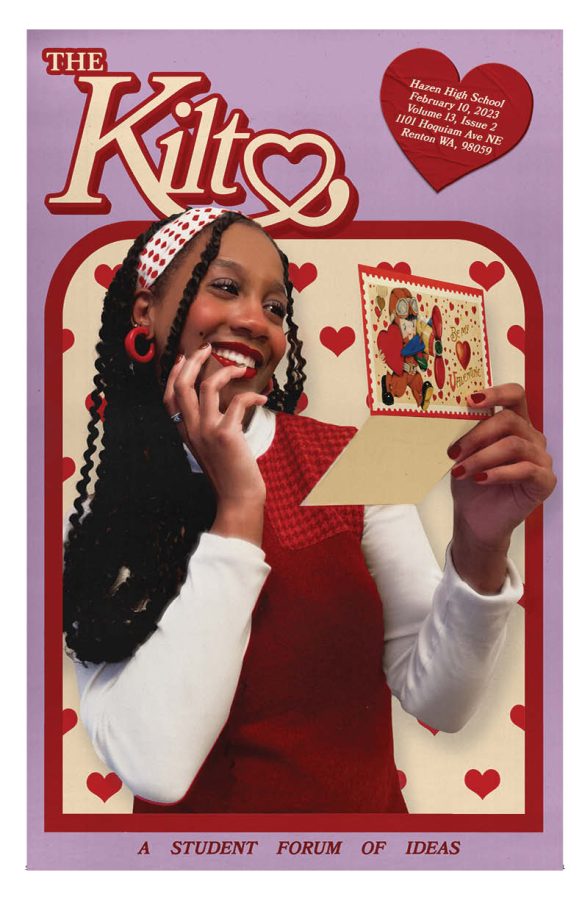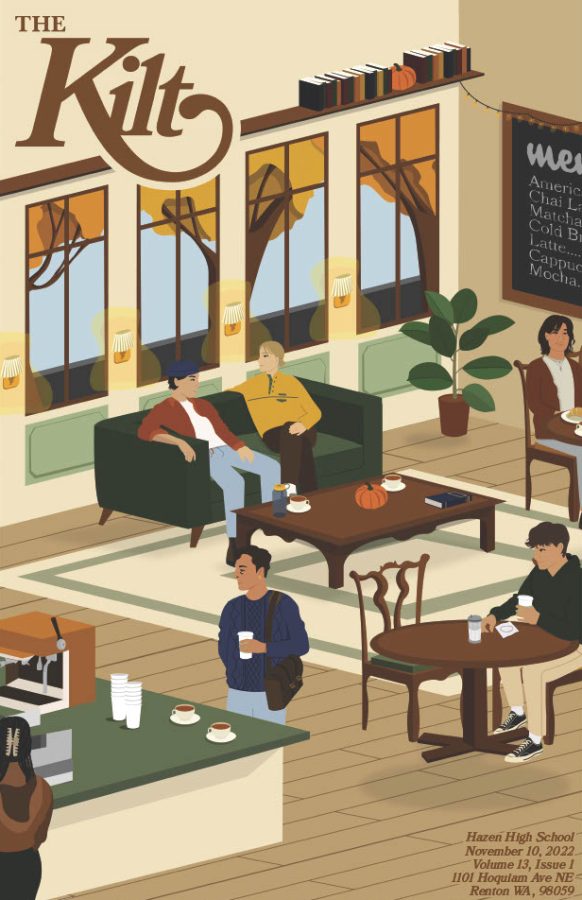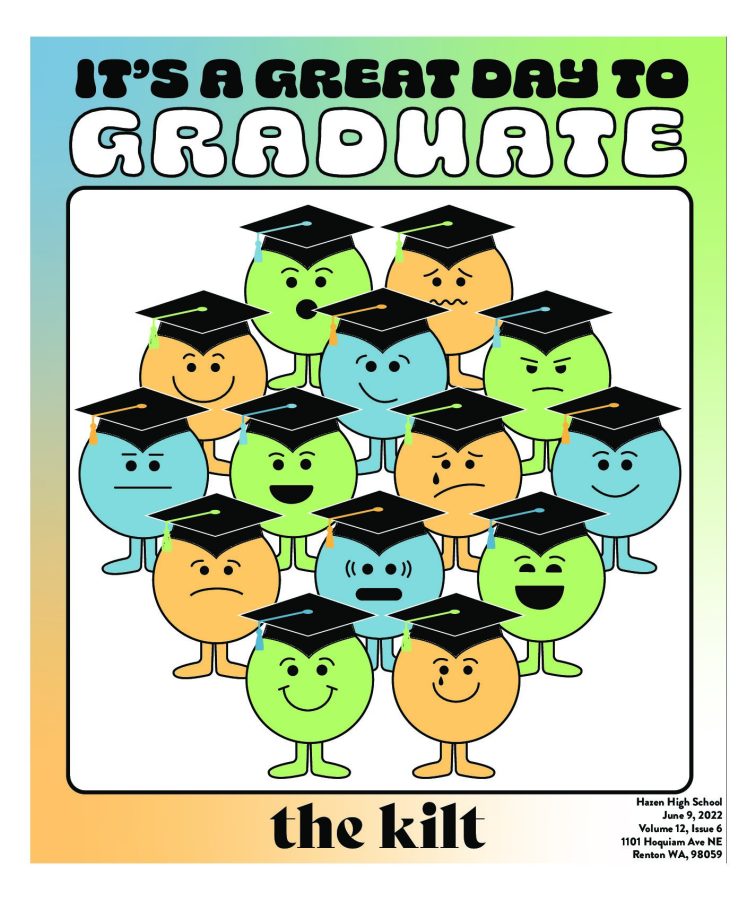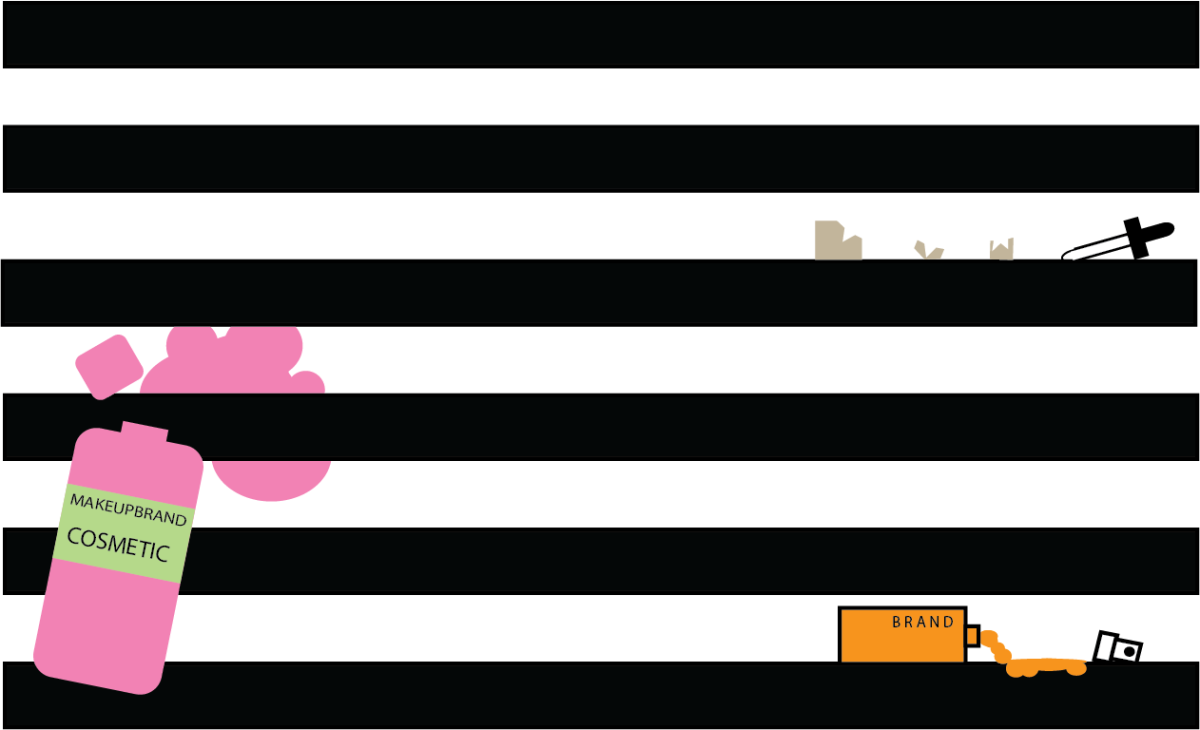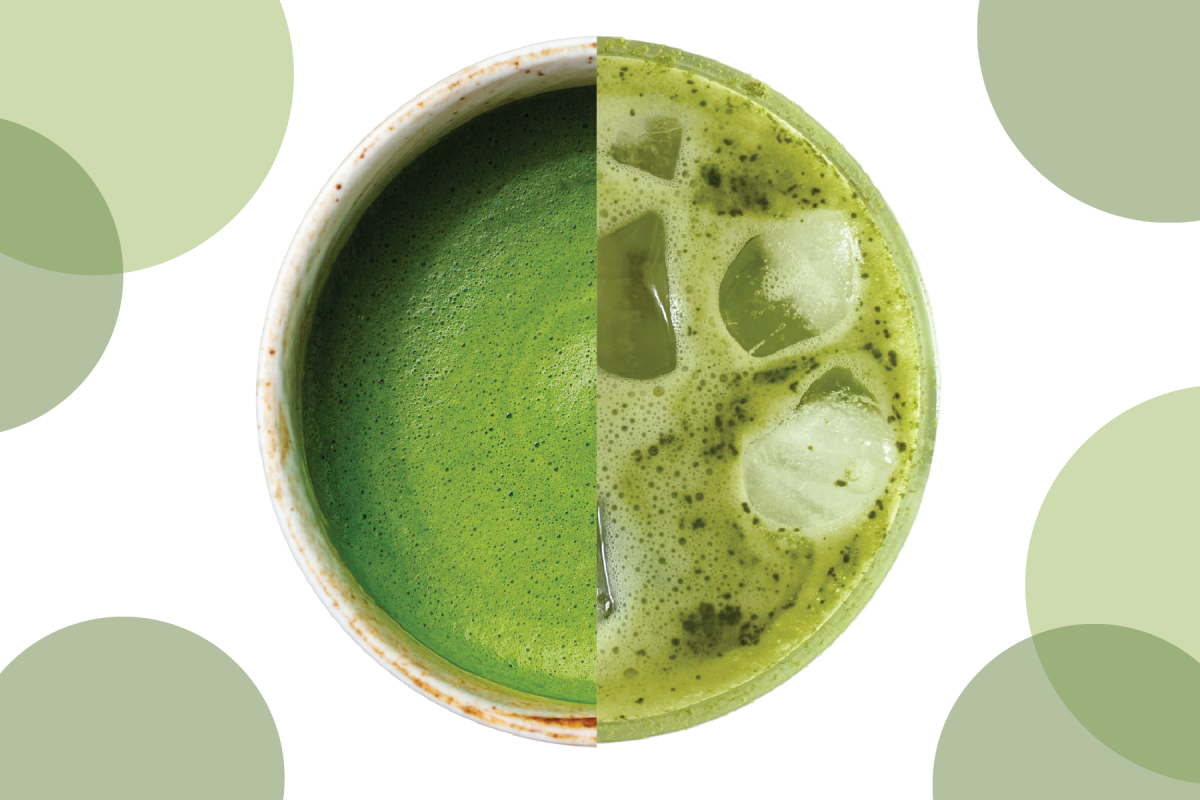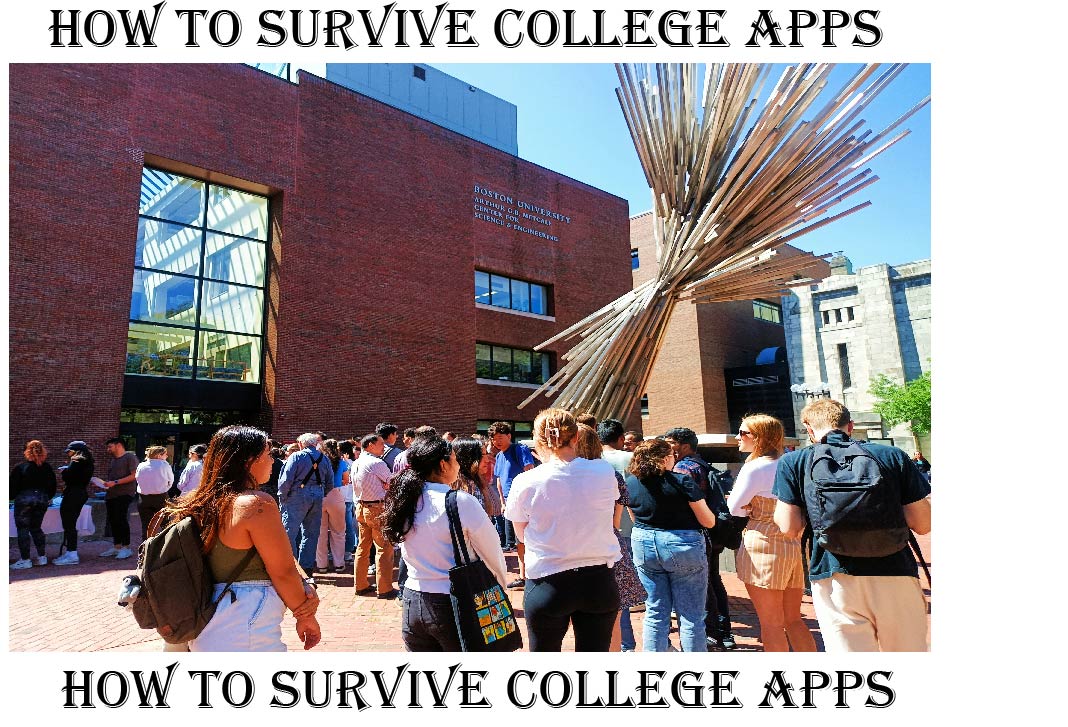When thinking of Sephora, what comes to mind? For young women and teens, Sephora is a place for higher-end makeup and skincare. The demographic Sephora was primarily targeted towards was initially 25-32-year-olds, which then shifted to 18-24-year-olds, and now is visited by pre-teens and young adults.
The people seen in Sephora have drastically changed throughout the years, and younger and younger individuals have begun to enter stores like these. When older Gen Z/Millennials were younger, they cautiously dipped their feet into makeup and beauty. Some examples of these stores were Claire’s, Justice, and H&M. These stores gave them a sense of childhood by embracing childhood patterns and familiarities. At the same time, Sephora entails a sense of a fleeting youth for young girls in 2024, encouraging them to grow up faster.
One notable thing throughout the years while analyzing this issue is that there are few stores aimed towards children. A consequence is that Gen Alpha is seen trying to grow up so much faster than they should. For example, they force their skin into retinol that does not belong on their faces, bronzing drops they do not need, and applying other harmful chemicals targeted towards aging skin.
Another downside to this is that when one enters Sephora, one will notice an extreme lack of decorum as is ubiquitous in a public place. Employees are having to deal with the mess of 9-12 year-old girls. Cleaning testers and makeup dropped. There is a severe lack of professionalism or order enforced in the store. For example, many everyday individuals claim that the testers in Sephora are dirty and mixed, some of the makeup has fallen from its shelf, and the employees are very distressed.
Another issue is that the parents of these young children are directly enabling unhealthy habits of reliance upon products to achieve a certain beauty standard. This is something that encourages an unhealthy lifestyle from a young age. The overexposure young children have to social media can also impact their self-image or worth, questioning the need to be a child and deciding they need to be like the (very much older) influencer on their screen, in turn asking for Drunk Elephant, Rare Beauty, Summer Fridays, and Glow Recipe.
Other young people who see their peers buy skincare and makeup products they do not need, can damage their self-image by creating an unrealistic standard of how a young girl should look when in reality, this is extremely unhealthy for young children to indulge in such an impressionable age.
Young girls are easily influenced in many cases, and do not know how to compose themselves in public. A lot of these girls are going into Sephora without their parents or any supervision, making it difficult for the parents to monitor their behaviors or what they are doing. But in some cases, the parents don’t seem to be bothered.
This is clear in one occurrence where two 10-year-old girls were making racially targeted comments while supposedly wearing blackface – a hate crime targeted towards African-American individuals.
When their mother was brought over by a visually irritated customer, the mother simply ignored her concerns and was very adamant that the girls filming this ordeal should turn the camera off, as if to dismiss the gravity of the situation.
In previous circumstances, the young girls may have been spilling products and giving employees a difficult time, but this hate crime was a huge eye-opener for Sephora, as they would soon realize this took no time to become something harmful towards the community and its reflection on the company.
While it is irritating and many were apprehensive about these children being in the store, Sephora did not make the change even months after seeing the content these influencers spread about the conflict, even as something horrifying occurred that would reflect negatively on their intentions as a company. While many are speaking out about how there should be an age limit and reaching out to Sephora agents, it seems that this is far from coming to an end.
On another note, Sephora is very expensive and is at the top of the beauty/ chain, making the number of 10-year-olds coming in cause an immense profit for the company. This above all may be a reason Sephora is allowing young children to enter their stores, even as they cause employees inconvenience and even resignation.
One platform Sephora employees express their struggles on is TikTok, on which this conflict was initially spread to the general public.
In one example, a man who was working his shift at Sephora expressed his concerns about the 10-year-olds disrupting him, as an employee. He continued to say, “In the end, the total came up to approximately $354 and her mom paid for all of it. The mom asked her to carry the bag and she said, “Why do I have to carry it,” making a chaotic scene of emotions in the store.
This scene of emotions always makes it exceedingly difficult for the individual to simply do their job, and this causes the already very long lines to be extended.
These unrealistic totals only increased in one of the next occurrences, where a young girl’s items were around $900, and she refused to take out two of the three perfumes she had. The store employee pointed out that she has three perfumes in the same scent.
“She goes, ‘Yeah, I know that there’s three,’ Herrera recalled” (Angela Andaloro). This disregard for her need for the items and their quantity can take an unnecessary toll on the line, causing it to slow down and wait for the girl to take items from her cart, which she was refusing to do, “The two went back and forth when the mom told the little girl to take something out of her basket, to which “the little girl lost her mind.” After the two continued to argue, the girl relented and took an item out, telling her mom, “That’s all I’m taking out” (Angela Andaloro). Before this, the girl also stated that she would just, “Use her mom’s money,” making these young girls believe that regardless of the price, they expect their parents to buy everything they request of them. This level of entitlement is extremely detrimental to their childhoods, growing up in an unrealistic environment that does not prepare them for real responsibilities. How will these children become sufficient members of society if they are under the impression that a skincare bottle and their mother’s money should always come uppermost in their priorities? These behaviors can cause the girls to lose a sense of self, confining themselves to society’s expectations and becoming similar to everyone else they look around at, having an extreme lack of originality.
As we enter 2024, we find ourselves confined to so many categories and under so many labels instead of the content of who we are. There are so many aesthetics and style names, so many things on the market that are catching the eyes of impressionable young girls who dedicate themselves to installing social media apps at such a young age. Someone with more experience and wisdom would be able to distinguish what is necessary for consumerism, aka, something they do need from the other sides of the platform which consists solely of companies and their elaborate marketing strategies catering to the predominantly younger audience on these platforms.
Something we can do to aid this issue is not giving devices to children at such a young age, setting age restrictions for social media accounts, and monitoring the content minors post to ensure they stay safe on social media if they do use it, turn content preferences on for parents so they can potentially steer their child’s feed in the right direction, encouraging your children to watch educational shows and embrace learning something on their devices instead of investing so much money on materialistic things, encouraging children to watch a variety of silly and fun things on their screens, not only consisting of educational shows, and opening up more stores that embrace childhood instead of glamorizing chronically online pre-teens and only cater towards the clothes trending on social media and other expensive pieces young children do not need in their closets. Sephora’s lack of attentiveness to this conflict and the outcries of employees and storegoers are only adding to this issue of children who act overly mature and think their parents are made of money. Shedding light on these situations often brings them to our attention and spreads awareness of the conflict. Something that can be done as a community is to have difficult conversations and be open to benefiting society through them.




















